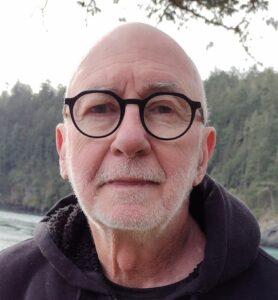I’ve written about how chronic back pain is best treated with a mind-body approach. This week a JAMA (Journal of the American Medical Association) article shows that mindfulness, yoga, and cognitive behavioral therapy outperform usual care when it comes to low back and other pain.
Since usual care often involves opioid medications it’s great that a viable, drug-free option for the treatment of pain is being acknowledged. The publication of this study is especially important when we consider the prevalence of opioid medications and subsequent addiction.
Prescription Pain Meds – Addiction & Lethal Overdose
The leading cause of accidental death in the US is drug overdose, with 47,055 deadly drug overdoses in 2014. Opioid addiction is the main driver of this epidemic, with 18,893 overdose deaths coming from prescription pain relievers.
From 1999 to 2008 there was a quadruple increase in overdose death rates, sales of prescription pain relievers, and substance use disorder treatment admissions. While levels of pain haven’t changed in this time period the prescription of strong pain relievers has increased 4 times.
259 million prescriptions for opioids were written in 2012, which was more than enough to give every adult in America their own bottle of medication.
Treating the Cause of Pain Vs. Masking Pain
Mind-Body interventions are often effective because most chronic pain is orchestrated by the brain in response to how the body stores the unresolved stress of life.
Because the brain regulates muscle tension, oxygen levels, and inflammation throughout the body, addressing the brain (and mind) rather than focusing on symptoms can produce beneficial results when other approaches have failed.
A complementary point of view is to consider Energy Psychology where the mind is seen to be a reflection of the body’s energy fields. We experience these fields naturally and directly as feelings, sensations, and pain.
The approach here is to touch, tap, laser, or needle certain points that have a regulating influence on the fields to produce a change in our subjective feeling state.
A comprehensive reporting of research in the field of Energy Psychology can be found here.
A Willingness to Let Go
In summary, mind-body interventions support healing by creating balance and by resolving the unconscious blocks, tension, and limiting beliefs that fuel the stress response.
This healing process is made possible by a willingness to let go of attitudes, feelings and beliefs that no longer serve us.

